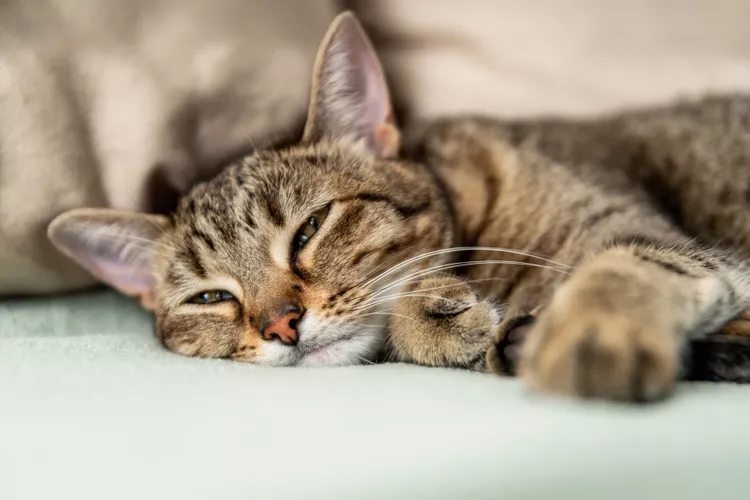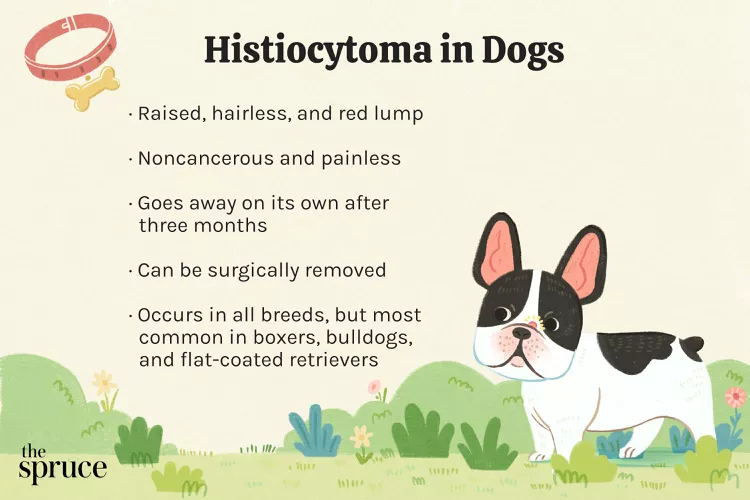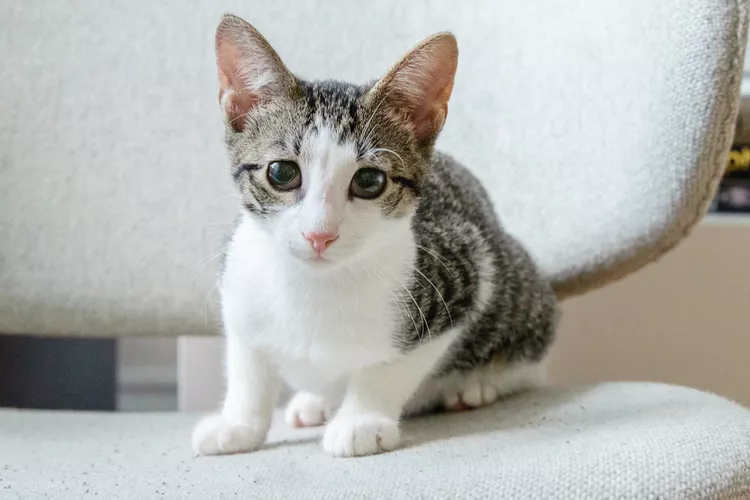
Does your cat constantly wake you up at night by playing on the bed, lobbying to be fed, or soliciting cuddle time when all you want to do is sleep? Your cat is most likely seeking attention, leading to a disturbance in your sleep cycle.
Your good night's sleep is extremely important to your health and shouldn't be interrupted by your kitty. There's no need to suffer from cat-related sleep deprivation, though. Below, we break down why your cat might be waking you at night and how to solve this behavioral issue.
In their natural habitats, cats are nocturnal creatures. They sleep almost all day and play or hunt all night. There are a few reasons why your kitty might be prompted to wake you up in the dead of the night.
Unusual bouts of interrupted sleep can be a sign of illness, ranging from pain from a toothache or arthritis to something more serious like hyperthyroidism, diabetes, or neurological conditions.
There are a number of techniques that you can try to train (or retrain) your cat not to wake you up at night. Some will require some behavior modifications on the pet owner's part, so make sure that all family members are on board with the changes. Before you go to bed, decide how you will react to your cat. The middle of the night is not the best time to make a decision.
Help your cat readjust its internal clock by scheduling an interactive hour-long play period about an hour before bedtime. Follow the play session with a light kitty-appropriate snack like a small treat, which should leave your cat not angling for food in the middle of the night.
If your cat wakes you up anyway, ignore it. After trying this a few times, your cat will learn that it's not getting the attention it wants from you and may leave you alone.
If you have a sleep disorder, it's best never to encourage your cat to sleep on your bed. This means making your bedroom off-limits at all times. Give your cat a comfortable cat bed in a spare room, a corner of the living room (with a screen for privacy), or even a bathroom. If you do this, make sure wherever the cat is kept at night it has access to water and a litter pan. Try rubbing a bit of catnip on the bed initially to encourage the cat to use it.
A single cat may easily become bored when it's home alone all day and may expect its human companion to provide attention at night. A second cat may offer companionship during the day and may lessen those nocturnal urges to wake you for play. This is especially true of kittens, who have much more energy to burn during their first year of growth. Two kittens are almost always better than one and often is a great time for cats to be introduced. Selecting a second adult cat for your home to get along with your first adult cat can be very difficult and should be done carefully so that your initial cat has a companion that does not cause it stress or vice versa.
If your cat interrupts your sleep early in the morning to seek breakfast, avoid feeding it at the time of its demand or it will continue to wake you up this early. Having a safe, designated area such as a spare bedroom where your cat can sleep, eat and drink, and potty that is not in your bedroom can be helpful to your sleep schedule and relationship with your cat.
Cats don't like surprises and are most happy when their household revolves around a predictable schedule. Giving your cat a set time for food, exercise, interactive play, grooming, and petting will go a long way toward maintaining its well-being and giving you a good night's sleep, every night.
If you find yourself awakened by a noisy or annoying cat, try to create a peaceful environment to help you (and your cat) get some restful sleep. Again, make sure that all family members are aware of the steps you are taking. If you ignore your cat, but someone else feeds in the middle of the night, the ignoring is for nothing.
Even if you close your bedroom door to your cat, a determined feline might scratch at the door for a while, but it will eventually give up and either go to sleep or find some other activity. You can help prevent damage to your door by either mounting a vertical scratch pad on it, trimming your kitty's nails regularly, or having your vet fit your cat with plastic nail caps.
Several commercial products are available that play soothing sounds that may help you sleep (with your cat on the other side of the door). You can select from bird sounds, ocean or waterfall sounds, or just white noise. Earphones or earbuds will help amplify and enhance the sleep-inducing effects.
Try to prevent those pouncing, biting attacks on your toes at night by using room-darkening shades to completely darken your room. Replace any digital or fluorescent-dial clocks by the bedside with non-illuminated versions or just use your phone.
If all else fails and your cat's noises or scratching at the door keeps you awake, use swimmers' earplugs, which effectively seal the ear canal and should give you some relief.

Cute Pictures & Facts About Calico Cats & Kittens
Learn fascinating facts about calico cats, including photos, the genetics behind this color combination, and common folklore and traditions.
How to Prevent Cat Separation Anxiety During Vacations
Discover why cats develop litter box problems and cat behavior problems when you go on vacation and what you can do about it to help them.
Cat Behavior Changes That Might Mean Something's Wrong
Cats' behavioral changes may indicate problems—or they may mean nothing at all. Explore causes of odd behavior and what to do about them.
Lhasa Apso: Dog Breed Characteristics & Care
The Lhasa apso is an ancient breed from Tibet that was bred to be a watchdog. Learn about its history, health, exercise needs, and more.
Reasons Why Dogs Run Away and How to Stop It
Dogs can escape, especially if they’re bored and not properly contained. Here are some techniques for stopping your dog from running away.
Can Dogs Get Depression? How to Help Your Sad Dog
Can dogs get depression? Learn about the signs of depression in dogs and find out how to help your sad dog.
How to Stop Aggression in Dogs
Dog aggression can be a serious behavior issue for pet owners. Learn how to stop aggression in dogs before someone gets hurt.
How to Stop Your Dog From Growling
A growling dog can soon become even more aggressive. Reduce the noise and potential for a dangerous situation with some of these techniques.
Why Do Dogs Dig Holes? How to Stop Your Dog from Relandscaping Your Yard
Dogs have been digging holes for centuries and for many reasons. Whether they’re bored or want to cool off in the dirt, here are the top reasons why dogs dig holes.
Dog Treat Varieties
Learn about the different types of dog treats on the market and decide which are best for your dog.
Can Dogs Eat Asparagus?
Dogs can eat asparagus, provided the vegetable is cooked plain and cut up for them. Seasonings, salt, and butter make it unhealthy for dogs.
Histiocytomas in Dogs
A histiocytoma is a type of benign (non-cancerous) skin lump that usually affects young dogs. Learn the causes, treatment, and prevention.
Why Is My Dog’s Eye Swollen?
If your dog's eye is swollen, she may need veterinary attention. The inflammation could be caused by allergies, an injury, or even a tumor.
Common Bugs and Parasites Found on and Inside Dogs
Learn about common types of parasites in dogs. Find out how to treat and prevent parasites to keep your dog, your family, and yourself safe.
Exploring the Different Types of Pet-Friendly Beaches
Are you looking for pet-friendly beaches? Learn about the different types of pet-friendly beaches, their locations, and tips for visiting them with your pet.
10 Obscure, Little-known Canine Facts in Honor of National Dog Day
With National Dog Day upon us, it's time to celebrate everything about our favorite pets—even the weirder stuff. Here are 10 obscure facts about dogs you probably didn't know.
Kitten Development From 3 to 6 Months Old
Kittens grow and change a lot during their first year. Find out what happens between the ages of three months and six months old.
95 Siamese Cat Names
Our list of Siamese cat names has diverse and fun options to help you choose the ideal moniker for your elegant and lovable feline companion.
What to Buy for Your New Cat: A List of Essentials
Before you bring your new cat or kitten home, there are a number of things to collect or buy so your cat will feel welcomed like a family member.
The 6 Best Cat Nail Clippers of 2024 for a Safe Trim
Clipping your cat's nails can save your furniture and keep your kitty comfortable. We asked veterinarians for their cat nail clipper recommendations.